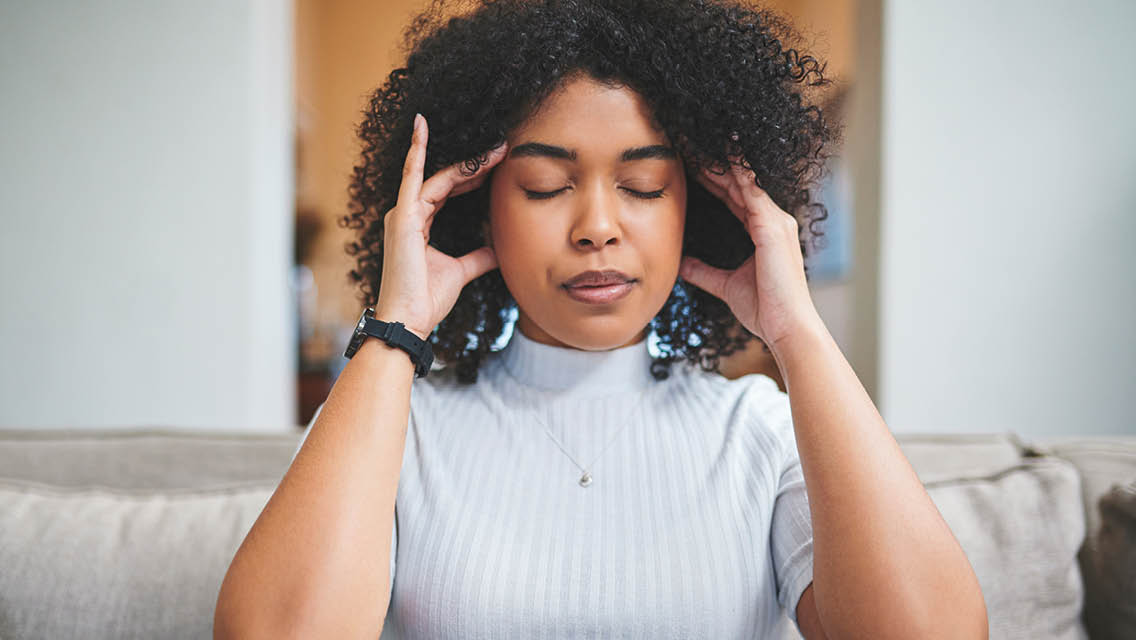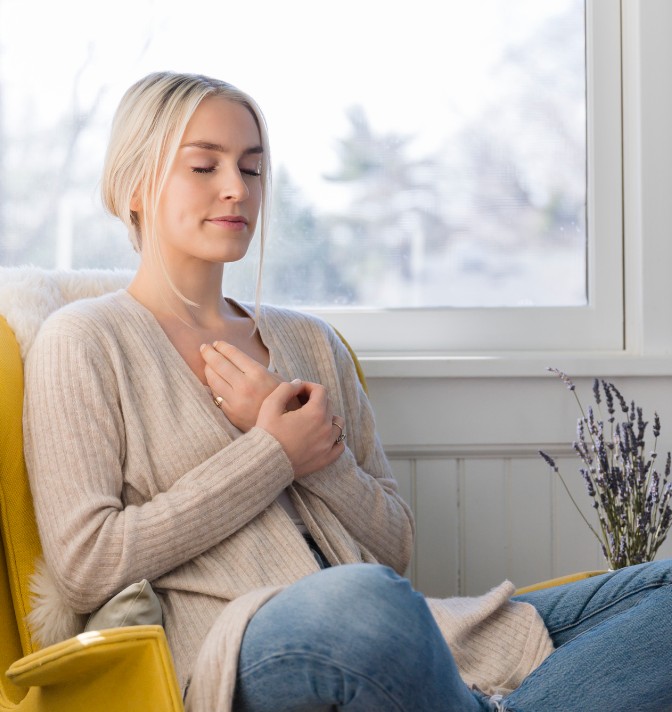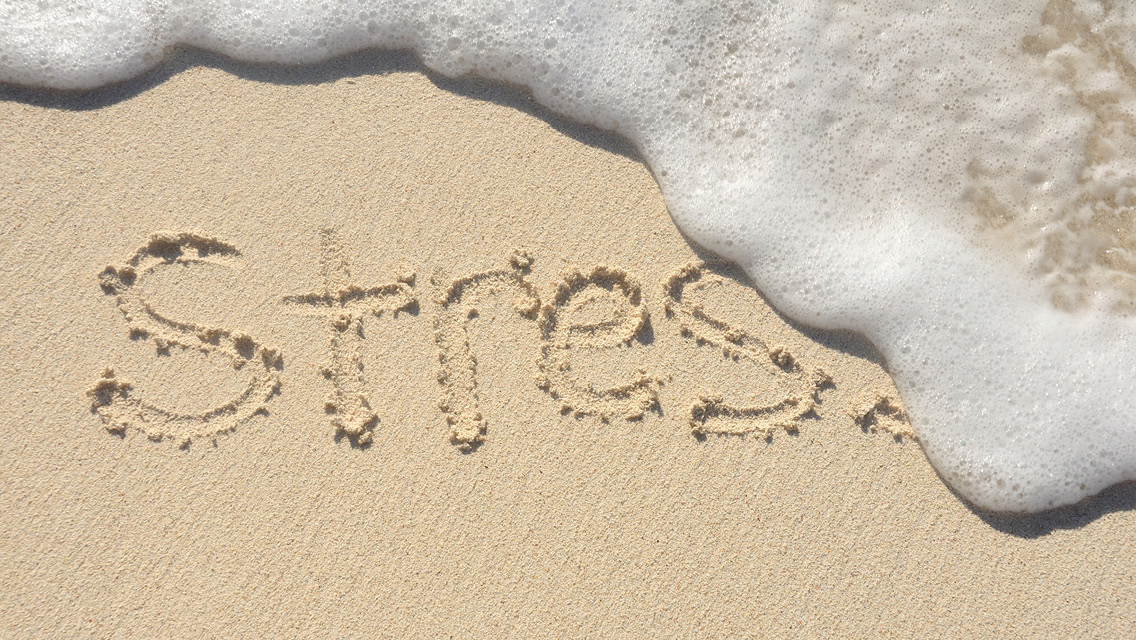Mindfulness-based stress reduction (MBSR) programs have long been shown to be a promising treatment approach for a host of physical, psychological, and emotional conditions, but recent research from Georgetown University aimed to better quantify its ability to treat anxiety disorders. It’s the first clinical trial comparing MBSR with a first-line pharmacological treatment for anxiety, and results indicated it performed as well as the drug escitalopram.
Renowned researcher and meditation teacher Jon Kabat-Zinn, PhD, introduced MBSR more than 40 years ago as a therapeutic intervention at UMass Memorial Medical Center. Since then, hundreds of studies have demonstrated the value of this meditation-based protocol in treating a range of health issues.
“When I started MBSR in 1979, in the hospital, my goal was to teach medical patients who were falling through the cracks of the healthcare system how to do something for themselves as a complement to whatever medical treatments they were getting,” says Kabat-Zinn.
But while MBSR today is widely accepted and available at hospitals and other settings around the world, this eight-week program remains out of reach for many people in part because the cost — typically $300 to $650 — is often not covered by insurance.
We spoke with lead researcher Elizabeth Hoge, MD, associate professor and director of the Anxiety Disorders Research Program at Georgetown, about what this latest study adds to the field of MBSR research.
40 Million
Number of American adults affected by anxiety disorders, which have become the most common mental disorders in the United States, according to the Anxiety and Depression Association of America.
Experience Life | MBSR has long been studied for anxiety and other mental health conditions. What’s different about your research?
 Elizabeth Hoge | Earlier studies typically compared against a “waitlist” control, which causes an expectancy bias: Anybody who’s in the active arm of a trial is going to be biased to say they feel better compared with those who had no treatment. So, the first step was to hold all the variables constant except the meditation itself. We did that in a 2013 study that found that MBSR decreased anxiety more than stress-management education.
Elizabeth Hoge | Earlier studies typically compared against a “waitlist” control, which causes an expectancy bias: Anybody who’s in the active arm of a trial is going to be biased to say they feel better compared with those who had no treatment. So, the first step was to hold all the variables constant except the meditation itself. We did that in a 2013 study that found that MBSR decreased anxiety more than stress-management education.
The next step was to compare MBSR to current medical treatment. In showing this is as good as a gold-standard treatment, we hope insurance companies may pay attention and reimburse for MBSR.
EL | Can MBSR replace other treatments for anxiety?
EH | This study was an attempt to find where this treatment fits in the toolbox of other treatments we use in psychiatry. If patients want to try medication, fine; the drugs work great. Psychotherapy also works.
But MBSR is really an education, so it doesn’t have to be delivered by a clinician or a psychologist or a therapist. We’d like to find out what types of patients do well with meditation versus drugs because we certainly had people who were in either arm of the study who would have preferred the other arm.
EL | Can people DIY their own MBSR with a meditation app?
EH | I think that the best way to learn to meditate is with an in-person class. There are several reasons that having a live, in-person experience is important. Sometimes you have experiences that are unusual, or things come up during meditation that you don’t know what to do with, or you think you’re not doing it right and you give up. If you have an in-person MBSR class with a teacher, you can ask the teacher, “How did this happen? What does it mean? How do I deal with this problem?” If you want to use apps as booster sessions, great. But I wouldn’t start there.






This Post Has 0 Comments